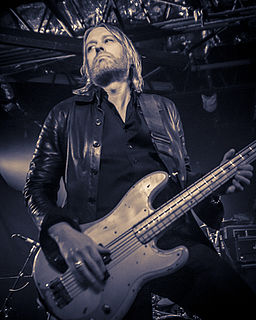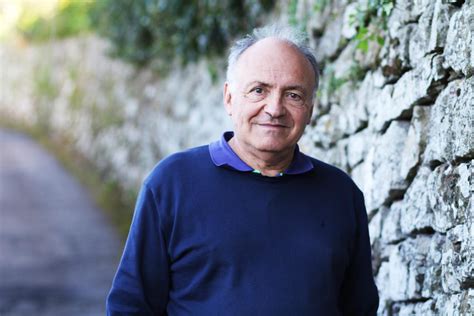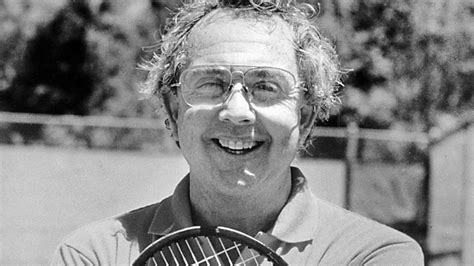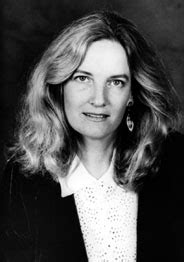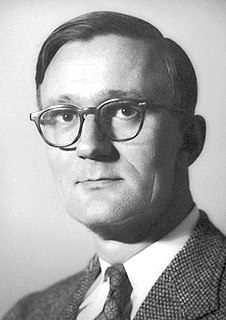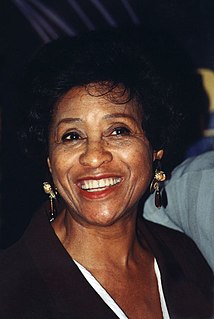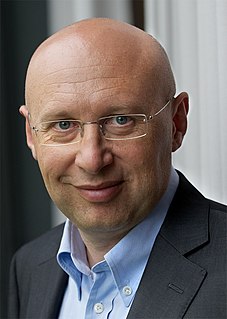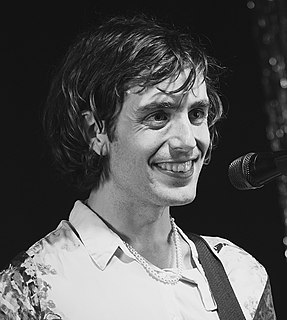A Quote by Atul Gawande
The possibilities and probabilities are all we have to work with in medicine, though. What we are drawn to in this imperfect science, what we in fact covet in our way, is the alterable moment-the fragile but crystalline opportunity for one's know-how, ability, or just gut instinct to change the course of another's life for the better.
Related Quotes
The office of science is not to record possibilities; but to ascertain what nature does ... As far as Darwinism deals with mere arguments of possibilities or even probabilities, without a basis of fact, it departs from the true scientific method and injures science, as most of the devotees of the new ism have already done.
In trusting, we let ourselves go. We know that all kinds of unexpected events may come our way. Our tension eases, our mind and our hearts open spontaneously to be possibilities. It is an ever new state of mind, in the present moment, because we have detached from all we know. But it is also a feeling as old as can be, because, before all betrayals and all disappointments, there was a time in which trusting another was the very substance of our life.
It is especially important for managers to know about, neuroplasticity, the greatest discovery in neuroscience in the past 20 years. It refers to the fact that the brain is remarkably plastic. It can grow and change for the better throughout life. In fact, "plastic" denotes the brain's ability to grow and change throughout life.
One influential philosophical position about the use of probability in science holds that probabilities are objective only if they are based on micro-physics; all other probabilities should be interpreted subjectively, as merely revealing our ignorance about physical details. I have argued against this position, contending that the objectivity of micro-physical probabilities entails the objectivity of macro-probabilities.
All life is rife with possibilities. Seeds have possibilities, but all their tomorrows are caught by the patterning of their life cycle. Animals have possibilities that are greater than that of a fir tree or a blade of grass. Still, though, for most animals, the pattern of instinct, the patterns of their lives, are very strong. Humanity has a far greater range of possibilities, especially the very young. Who will children grow up to be? Who will they marry, what will they believe, what will they create? Creation is a very powerful seed of possibility.
Just pausing for two to three breaths is a perfect way to stay present. This is a good use of our life. Indeed, it is an excellent, joyful use of our life. Instead of getting better and better at avoiding, we can learn to accept the present moment as if we had invited it, and work with it instead of against it, making it our ally rather than our enemy.
Balance and control come from healthy anger. This is just as aggressive as the unhealthy kind. But it is based on a belief and hope for change in social roles and institutions. Healthy anger demands change and creates the confrontations needed for change to occur. It also gives the other an opportunity to help make that change. “Our task, of course, is to transmute the anger that is affliction into the anger that is determination to bring about change. I think, in fact, that one could give that as a definition of revolution.


